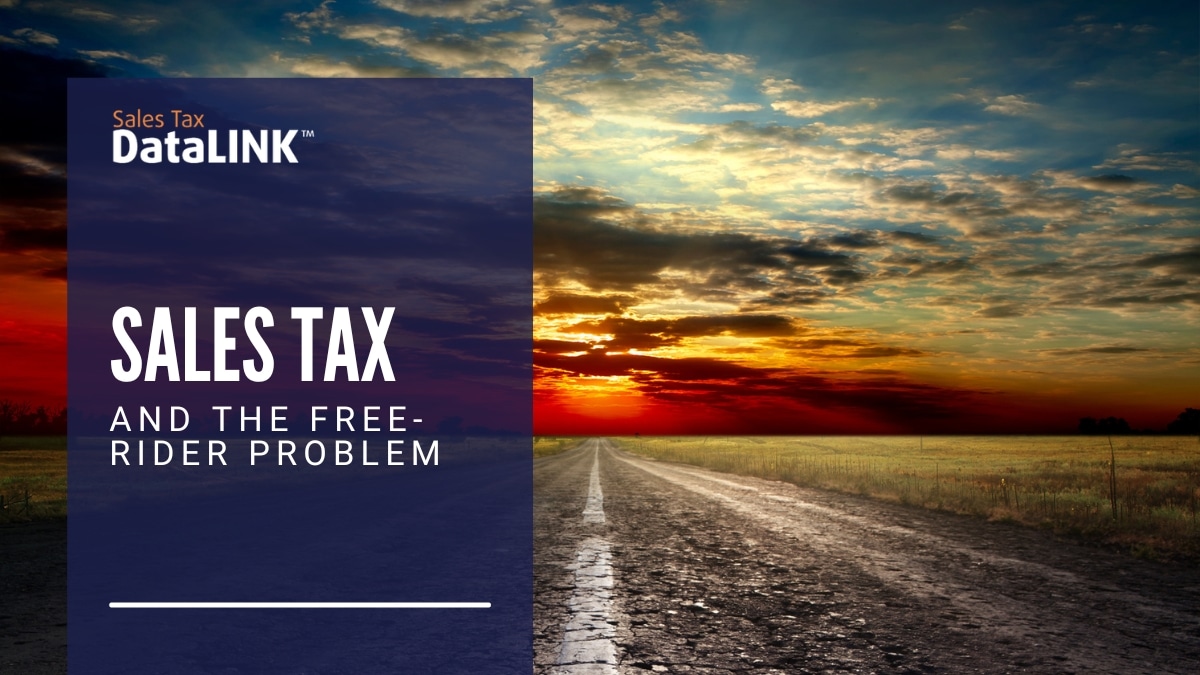Economists talk about the Free Rider Problem with reference to common resources — things that benefit everyone. The list includes roads, hospitals, schools, public parks, and many other things that can be funded at least in part by sales tax. In theory, everyone uses these resources, and everyone pays for them, so there’s no problem.
The Free Rider Problem comes up when someone uses the resources without paying their share. It’s no problem at first. If ten people pay sales taxes that cover the cost of a park and eleven people use the park, there is no negative effect for the ten who paid.
Everyone benefits from the park, and the people who pay are not affected by the extra person’s use of the park.
So what’s the problem?
If ten people pay taxes for the park and 50 people use it, though, the people who pay will soon find that their park is crowded, filled with rubbish, and generally not being cared for, because the resources they’ve pooled aren’t enough to cover the needs of so many people.
When it comes to sales tax, the Free Rider Problem often comes up in decision-making. Think about a sales tax to pay for roads. At first glance, a gas tax for roads makes sense, since drivers pay the tax and drivers use the roads. Using a general sales tax to pay for roads makes residents of the state pay for the roads. It creates a Free Rider Problem for those whose casual shopping is funding the roads for truckers and bus drivers. Are they right?
Who’s using the roads?
First, let’s consider the idea that people who shop aren’t necessarily using the roads. On the surface, it may seem that people who shop and people who use roads are two different sets of people.
Look more closely, and you’ll see that the goods those shoppers buy came to the shop on the roads. The people who sell the goods came to work on the roads. The teachers who taught the cashiers the math they need to sell the goods used the roads to get to the schools. The materials that built the store were brought by road, and so were the vehicles used in construction. The corporations that decided to build the store in this location used information about the neighborhood’s infrastructure to make that decision.
It doesn’t matter how deeply we delve into the scenario: the roads are involved. In the very interconnected system of modern retail, it’s ludicrous to suggest that shopping is not connected with road transport.
Is it about fairness?
However, there’s another question. The Free Rider Problem isn’t really about fairness. It’s about the idea that people who don’t pay for what they use create burdens that can’t be supported by both those who do pay.
For road taxes, that can mean that more people drive, if gas taxes don’t discourage extra driving. It can mean that the roads are more congested, deteriorate faster, and are less safe than they would be if the costs of maintaining the road were more closely tied to the amount of money drivers could furnish through gas taxes.
This is the thinking behind the Wayfair decision. With e-commerce growing steadily, states believe that remote sellers are benefiting from business opportunities in their states without supporting the infrastructure — so they should be required to collect and remit sale tax.
Finally, we have to acknowledge that tax costs aren’t as closely tied to their benefits as the Free Rider Problem implies. Jurisdictions with lower sales taxes usually have higher income taxes or property taxes. A certain amount of money is needed for public resources, and states generally do whatever they can to find the money they need.
Handling your sales tax obligations more easily
Whatever the economics of sales tax, you still need a great automated method for calculating and filing your sales and use taxes. Sales Tax DataLINK’s suite of sales and use tax tools leverage patented technology to make your filing faster, easier, and more accurate
Call 479-715-4275 to schedule a demo.




